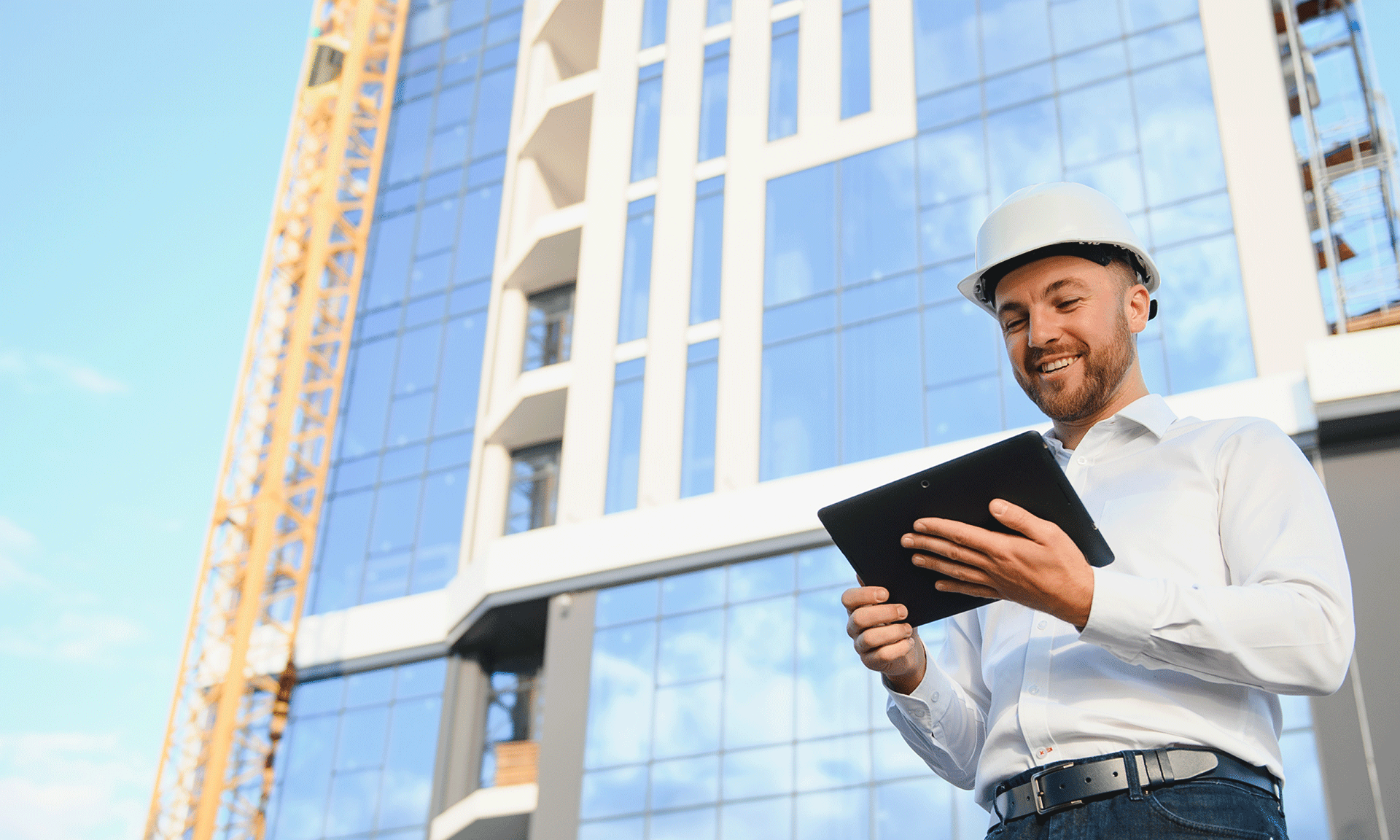The COVID pandemic has had a devastating impact on businesses, and economies all over the world and Saudi Arabia is no exception. In the construction sector, it has led to project cost escalation, supply chain disruption, and labour shortage. All the gulf nations witnessed a decline in their GDP growth.
However, as the gulf countries put their best foot forward towards sustainable long term development by diversifying economies into the non-oil sectors and bringing in social reforms, the construction sector in the gulf will begin to recover steadily and in all expectations, the post-covid construction sector growth will be led by the KSA with several foreign company formation in Saudi Arabia in real estate and construction space.
Amongst the GCC nations, Saudi Arabia currently holds the greatest potential for the construction sector with more than 5,000 capital projects worth well over USD 1.6 trillion in the pre-execution stage.
The construction sector is expected to expand by 2.9% in 2021 and as per forecast, would grow at an annual average growth rate of 4% during 2022-2025 on the back of the government’s housing development projects and infrastructure spending.
The country has a grand plan to rejuvenate the rail, airport, port and other logistics infrastructure including healthcare and tourism facilities.
On 29th October 2021, Saudi Arabia announced the capital city of Riyadh’s intention to bid for hosting the World Expo 2030 to the Bureau International des Expositions (BIE), World Expo organising body. A new airport for Riyadh for a cost of USD 147 billion has already been planned by the government.
Eight new cities have been planned along the Red Sea coast on the western side of the country and USD 575 billion has been budgeted for this project to build 100,000 hotel rooms, 1.3 million new homes and three million square meters of world-class office space.
A promising development plan has been laid out for Riyadh to solidify its status as the commercial centre of the Kingdom and USD 63 billion has been earmarked for creating more than 100,000 new homes expected to be completed by the end of 2023. There is also a plan to add 12,000 hotel rooms and around three million square meters of new office spaces.
Large-scale construction schemes called ‘giga-projects’ have been planned for promoting the country’s overall economy as part of Vision 2030. The most notable giga projects include NEOM Smart City, Six Flags Qiddiya Theme Park, Red Sea Resort Project and Amaala Red Sea Riviera.
Saudi Arabia’s Property Technology, PropTech market is expected to boost up with the roll-out of ‘giga projects’ like NEOM. Almost USD 2 million initial funding has been set aside for home maintenance services startups including FalconViz, Ajeer, Muqawiloon, B8ak.
The traditional ecosystem in the reality sector is all set to get disrupted and improved in property transactions, tendering and procurement due to smart technology adoption. The country plans to extensively use AI, robotics and 3D printing in the construction sector to improve productivity.
The Saudi government is actively working towards investing in green buildings and standardising the building rating system towards meeting sustainable development goals. A new standard called Mostadam Standard has been developed by the Ministry of Housing for rating buildings and launched in 2019 to validate the sustainability of constructions and avoid re-construction and CO2 emissions in future.
With giga-projects incorporating a mix of technology and sustainable development elements, the government is trying to build a better future for the younger generations and empower the country to build a new era driven by digital transformation and innovative technology. The real estate company called “Roshn” launched by Public Investment Fund specializes in integrated urban neighbourhood development incorporating the latest technologies in construction. The Sakani housing program also reaffirms the country’s commitment to development using smart tech.
Adopting Construction delivery Technology is instrumental in transforming the construction sector in the Kingdom. The government is already on a move towards the widespread introduction of prefabricated building techniques including those developed by the Ministry of Housing with 3D printing to reduce the construction time, standardise designs and operations, improve quality and productivity.
Exponential growth is on the cards in the transport and logistics sectors as the country recovers from the pandemic and restrictions ease. In July 2021, His Royal Highness Prince Mohammad bin Salman bin Abdulaziz Al-Saud proposed USD 147 billion capital infusion into the transport and logistics sectors over the next ten years. Once implemented, these sectors would contribute 10% of the country’s GDP by 2030, an increase over 4% from the current level.
An agreement has been signed between Maersk, a global integrator of container logistics and Saudi Ports Authority (Mawani) for an investment of USD 136 million over 25 years for an integrated logistics park set up at the Jeddah Islamic Port.
The huge infrastructure spending planned for reshaping the economy and future of the Kingdom will attract many foreign talents and institutions for doing business in Saudi Arabia.














